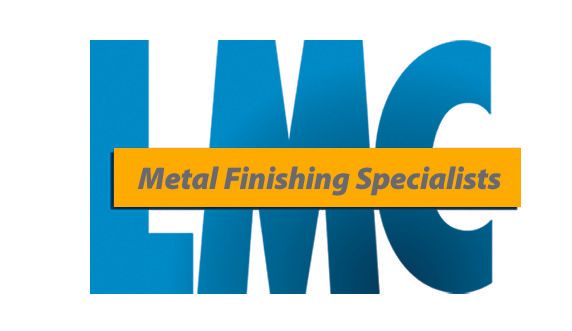Frequently Asked Questions
Jump to Section
Anodizing
-
What is anodizing?
Anodizing is an electrochemical finishing process that transforms the aluminum surface into a corrosion-resistant, durable anodic oxide layer. This enhances the metal's longevity, appearance, and bonding characteristics.
-
Why is anodizing important?
Anodizing increases corrosion resistance, and the structure of the coating allows for coloring, improved lubrication, or improved adhesion.
-
Which aluminum alloys are best for anodizing?
The 2000, 5000, 6000, and 7000 series aluminum alloys are most suitable for both hard coat and standard anodizing processes. These alloys ensure high-quality, consistent results.
-
What alloys produce the best bright finishes?
The brightness degree depends on the alloy type and the surface finish. Hard-tempered alloys produce higher lusters. Aluminum alloys most suitable for bright finishes are 2000, 5357, 5457, 5557, 7016, and 7029. The higher purity alloys are highly recommended.
-
What are the key benefits of anodized aluminum?
- Enhanced corrosion and abrasion resistance
- Improved surface durability
- Long-lasting color stability
- Better adhesion properties
- Environmentally safe and non-toxic
-
When should I choose rack anodizing over bulk?
Rack anodizing is ideal for large or delicate components requiring precise processing and careful handling. Bulk anodizing suits high-volume, small-part production where uniformity and efficiency are priorities.
-
How is hard coat anodizing done?
Hard coat anodizing involves submerging aluminum in a cold sulfuric acid bath (close to freezing) and applying high voltages (up to 100 volts) with a current density of 24-36 amps per square foot.
-
Does anodized aluminum wear off?
While anodized layers are durable, they can degrade over 10-20 years depending on environmental exposure, thickness, and maintenance.
-
What does anodizing cost?
Anodizing costs vary based on part size, material, coating type, tooling, and project volume. Contact us for a custom anodizing quote.
-
What anodizing specifications does LMC offer?
We support a wide range of military and aerospace anodizing specs, including MIL-A-8625 and Nadcap-certified coatings. Customized solutions and QAP testing are also available.
Manganese Phosphating
-
What is manganese phosphate coating?
Manganese phosphate is a chemical conversion coating applied to steel to create a dense, crystalline layer that enhances strength, lubricity, and wear resistance.
-
What industries use manganese phosphate coatings?
Common industries include:
- Automotive
- Defense and weapons manufacturing
- Marine and heavy equipment
-
What are the benefits of manganese phosphating?
- Excellent wear resistance
- Superior oil retention
- Increased surface hardness
- High corrosion protection
-
How does zinc phosphate differ from manganese phosphate?
Zinc phosphate is typically used as a primer for paint adhesion, while manganese phosphate provides better performance for lubricated and wear-resistant applications.
General Questions
-
How does LMC ensure consistent quality?
Our chemistry is kept at proper and precise levels to ensure each step of the process yields the same results all day, every day. Our operators are well-trained and seasoned in every process to ensure positive and consistent results from beginning to end.
-
Are LMC's processes environmentally friendly?
Yes, LMC meets strict environmental and safety standards, ensuring minimal ecological impact and safe handling practices for all personnel.
-
Do you offer custom metal finishing solutions?
Absolutely. Our team can design custom anodizing or coating processes to meet unique part geometries, industry regulations, and performance requirements.
Company Questions
-
How many businesses work with LMC?
Over 100 companies across diverse industries rely on LMC for precision metal finishing services.
-
What is your mission?
To provide people with the tools and inspiration to live and work to their greatest potential and do great things for themselves and others.
-
Who founded LMC?
Light Metals Coloring is a privately owned company founded by David Yard in 1945 (Watertown, CT) giving the distinction of being one of the first anodizers in the US.
-
Where do you source your materials?
We source premium materials from North America, Europe, and Mexico to ensure consistent quality.
-
Why do clients trust LMC?
With over 75 years of expertise, a proven track record across hundreds of projects, and industry certifications, LMC delivers tailored, high-performance solutions that add measurable value to finished products.
